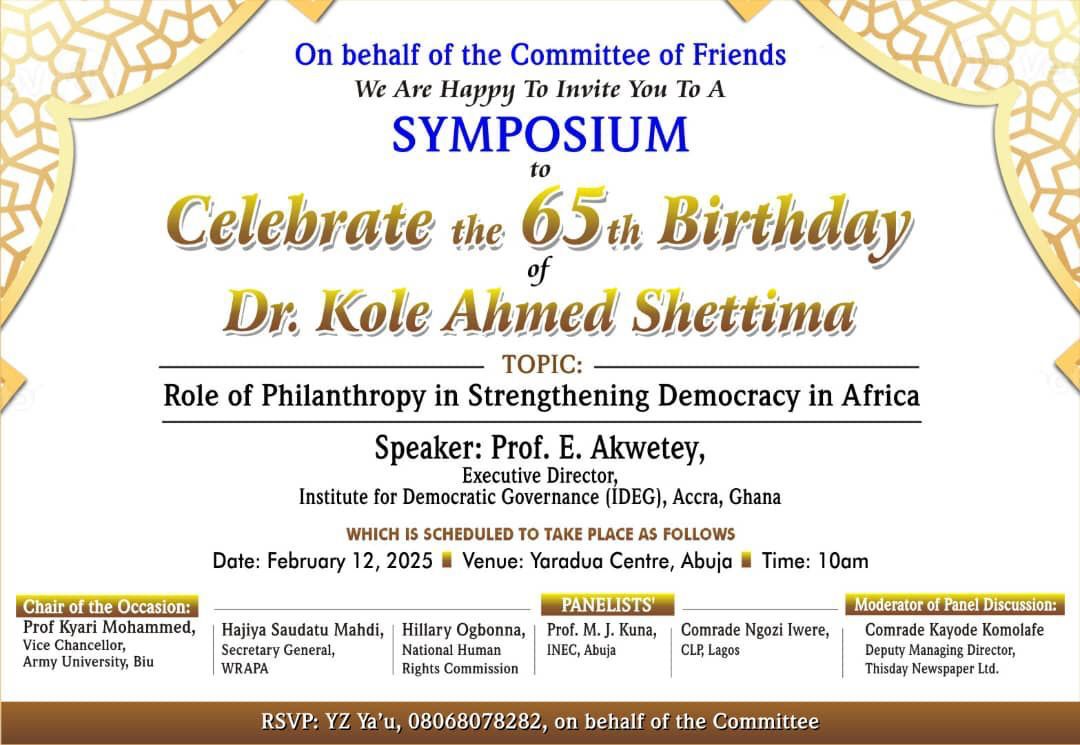Come February 12th, 2025, a symposium will take place in Abuja, Nigeria. The symposium whose topic is “Role of Philanthropy in Strengthening Democracy in Africa” is to mark the 65th birthday of Kole Shettima, the Africa Director of MacArthur Foundation. Before going into the remaining details, a background to the birthday/symposium is necessary.
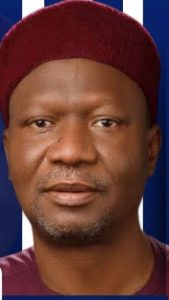
Dr. Kole Shettima at 65!
“Who elected Oxfam” is the ideologically loaded but memorable headline expressing the frustration as well as anger of the global establishment against the culture of undercutting global institutions with anti-globalisation protests.
What began with the scuttling of the World Bank meeting in Seattle in 1999 was spreading rapidly across Europe and North America against the IMF, World Bank, WTO, the World Economic Forum and the rest of them. The Economist which would surely not disapprove being labelled the spokes-medium for neoliberal globalisation was so riled by the week the protest was to unfold against a meeting of the IMF and the World Bank in Prague, Czech Republic that it wrote the piece in question in September 2000. The Economist singled out Oxfam as symbol of the ensemble of INGOs and their activists working together with celebrities, models, writers, journalists, advocates and sundry crusaders for the expansion of the space of the global poor. The British weekly questioned the legitimacy of these groups to speak for the poor, saying that, after all, nobody elected them.
Well, The Economist got a bit of bashing for pushing a reductionist notion of ‘representation’. One of the most interesting responses came from Bono, the Irish musician. He told journalists at a G-8 meeting in Scotland that although nobody elected him, he was sure the poor and disinherited didn’t mind him being their vicar in the matter of their poverty and how to deal with it. Someone like Bono who is generally accused of running with the hare and hunting with the hounds in the campaign for global ethics and justice could still make global headlines capable of stirring the campaign because global ethics/justice is such an involving domain.
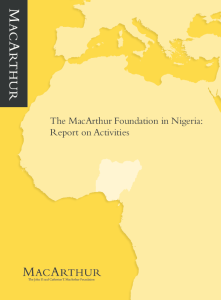 The more interesting and more permanent response The Economist got came from UK’s University of Essex political theorist, Laura Montanaro. She first published a journal essay – “The democratic legitimacy of self-appointed representatives” – before following it up with a book of the same title as The Economist’s ‘Who Elected Oxfam’. She was simply telling The Economist that it is not being elected with votes that grounds representation in legitimacy. Today, her book and journal essay are prescribed stuff in INGOs, representation and global justice classes around the world. Her book is besides Jennifer Rubenstein’s “The misuse of power not bad representation: Why it is beside the point that nobody elected Oxfam”. That was another reply to The Economist. Nobody has heard from The Economist since then, leaving dominant INGOs – Oxfam, Care, Save the Children, Plan, Global Witness, ActionAid, sundry charities and Foundations to get on with advocacy, funding, material provisioning, campaigning and popular actions for the expansion of the democratic spaces of the underprivileged.
The more interesting and more permanent response The Economist got came from UK’s University of Essex political theorist, Laura Montanaro. She first published a journal essay – “The democratic legitimacy of self-appointed representatives” – before following it up with a book of the same title as The Economist’s ‘Who Elected Oxfam’. She was simply telling The Economist that it is not being elected with votes that grounds representation in legitimacy. Today, her book and journal essay are prescribed stuff in INGOs, representation and global justice classes around the world. Her book is besides Jennifer Rubenstein’s “The misuse of power not bad representation: Why it is beside the point that nobody elected Oxfam”. That was another reply to The Economist. Nobody has heard from The Economist since then, leaving dominant INGOs – Oxfam, Care, Save the Children, Plan, Global Witness, ActionAid, sundry charities and Foundations to get on with advocacy, funding, material provisioning, campaigning and popular actions for the expansion of the democratic spaces of the underprivileged.
The foregone is Intervention’s own background to the February 12th, 2025 symposium commemorating the 65th birthday of Kole Shettima. The point of the background is to situate the symposium/birthday in a wider, global context without necessarily unhooking it from the local assemblage driving it.
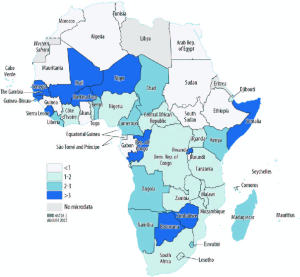
Connecting philanthropy to democracy in Africa!
INGOS, Foundations, universities, think tanks and research centres have emerged as thoroughly transnational players in the post-Cold War. They make claims for the poor, for democracy, for development and even areas which were hitherto mostly handled by the state such as foreign policy.
As early as 1991, as many as 18, 000 INGOs were said to be creating what some scholars call a ‘global civic culture’. The number could have doubled by now because, for the first time in human history, (I)NGOs have added security provisioning to its tasks once the ‘broadners’ and ‘deepners’ who took over security studies at the end of the Cold War insisted that security is beyond police, secret service and the armed forces. Rather, they argue that “the threats to the well-being of individuals and the interests of nations across the world derive primarily not from a neighbour’s army but from other challenges, such as economic collapse, political oppression, ethnic rivalry, scarcity, overpopulation, the destruction of nature, terrorism, crime and disease”. For much of the post-Cold War, they have been proved right.
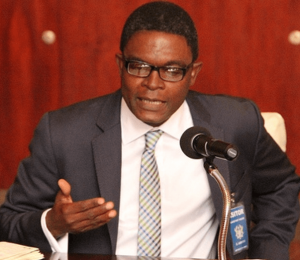
Dr. Emma Akwetey, Speaker
MacArthur Foundation fits into this broad, global shift from state-centrism to plural actors and diluted sovereignty. But MacArthur has its own specificity. Dr. Kole Shettima, its Africa Director, has carried himself without any sense of entitlement typical of most members of the elite or without any manifestation of the street wise ways of doing things in Nigeria as to have earned an enviable popularity rating. And to have thus become a good public relations for philanthropy in general and MacArthur in particular. It is open to debate if being a gentleman is a good thing in Nigeria but, for now, he is a gentleman’s gentleman.
What is more interesting about this symposium/birthday is the way the masterminds have gone beyond the Kole persona to problematise philanthropy in relation to democracy. To do justice to the topic, they are bringing in the Ghanaian intellectual, Dr. Emmanuel Akwetey. With a Swedish trained political scientist comfortable with both philanthropy as well as democracy in Africa, it should be fireworks next Wednesday.
That is if Kole Shettima is not in the air heading somewhere Tuesday evening or early Wednesday morning since the conspirators who planned the birthday have, reliably, not told him up to Monday afternoon. The assumption is that Intervention is not leaking the information as to unmake the ambush! Whether Kole is there at his birthday next Wednesday or not, the question has now shifted from ‘Who Elected Oxfam?’ to ‘Who Didn’t Elect Kole Shettima?”

